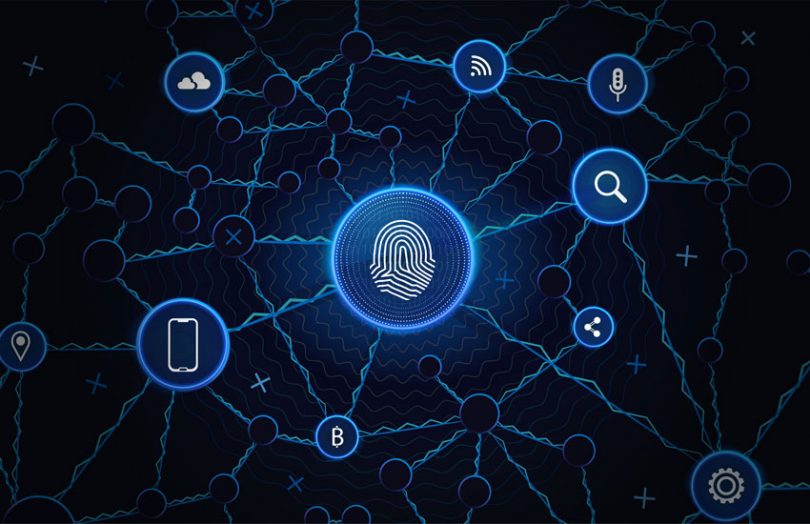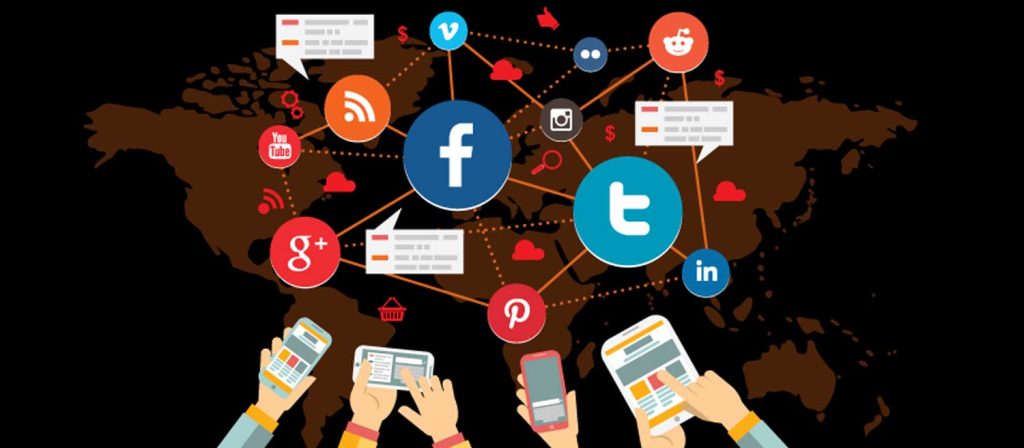Blockchain-based identity management systems are revolutionizing the way personal and organizational identities are managed and secured in the digital world. By leveraging the decentralized, immutable, and secure nature of blockchain technology, these systems offer enhanced privacy, security, and control over personal information. Traditional identity management methods, such as centralized databases and identity verification processes, are often vulnerable to data breaches, fraud, and inefficiencies. Blockchain-based solutions provide a more secure, transparent, and user-centric approach to managing identities, transforming industries like finance, healthcare, government, and e-commerce.
One of the key advantages of blockchain-based identity management is the ability to decentralize the control of identity data. In traditional systems, personal information is often stored in centralized databases controlled by governments, corporations, or other entities. This centralization creates a single point of failure, making these databases attractive targets for cybercriminals. When a centralized system is compromised, large amounts of sensitive data can be exposed, leading to identity theft, fraud, and other security issues. Blockchain technology, on the other hand, distributes identity data across a network of nodes, eliminating the need for a central authority and making it much more difficult for hackers to access or alter the information.
In addition to enhanced security, blockchain-based identity systems give individuals greater control over their personal data. In the current digital landscape, users often have little say in how their data is collected, stored, and shared by third parties. With blockchain, users can own and manage their identities directly, deciding who can access their information and for what purpose. This concept of “self-sovereign identity” allows users to provide only the necessary details for identity verification without sharing more information than is required. For example, a user might verify their age or citizenship without revealing their full identity or other personal information.
The transparency and immutability of blockchain technology further contribute to the reliability of blockchain-based identity management systems. Once data is recorded on the blockchain, it cannot be altered or tampered with, ensuring the integrity of identity information. This feature is particularly important for industries that require secure and verifiable records, such as finance and healthcare. In these sectors, the ability to maintain an accurate and unchangeable record of an individual’s identity or credentials is critical for preventing fraud, ensuring regulatory compliance, and protecting sensitive information.
Blockchain-based identity management systems also have the potential to streamline identity verification processes, reducing the time and cost associated with traditional methods. Verifying an individual’s identity often involves lengthy procedures, multiple intermediaries, and manual checks, which can be cumbersome and prone to errors. Blockchain can automate and simplify these processes by providing a single, verifiable source of truth for identity data. For example, a bank or government agency could instantly verify a person’s identity by accessing a blockchain-based identity system, eliminating the need for paper documents, multiple forms of identification, or third-party verification services.
In the financial industry, blockchain-based identity management can help combat fraud and meet stringent regulatory requirements, such as Know Your Customer (KYC) and Anti-Money Laundering (AML) regulations. By using blockchain, financial institutions can verify the identities of their customers more efficiently and securely, reducing the risk of identity fraud and simplifying compliance. Similarly, in healthcare, blockchain-based systems can protect patient information, ensure that medical records are accurate and accessible only to authorized individuals, and enable secure sharing of data between healthcare providers.
Government services can also benefit from blockchain-based identity management. Governments around the world are exploring the use of blockchain to create digital identities for their citizens, enabling secure and efficient access to public services. These digital identities could be used for a wide range of purposes, including voting, accessing social services, filing taxes, and verifying identity for travel. By using blockchain, governments can reduce fraud, enhance transparency, and provide citizens with greater control over their personal data.
Despite the many advantages, there are still challenges to the widespread adoption of blockchain-based identity management systems. One major concern is the issue of privacy, as blockchain’s transparent nature could potentially expose sensitive information if not properly managed. While blockchain can protect data from unauthorized tampering, it is important to implement privacy-enhancing technologies, such as zero-knowledge proofs or encryption, to ensure that only authorized parties can access personal information. Additionally, the scalability of blockchain networks remains a challenge, as many blockchain systems struggle to handle large volumes of transactions and data efficiently.
In conclusion, blockchain-based identity management systems offer a promising solution to the challenges of security, privacy, and efficiency in today’s digital world. By decentralizing control, enhancing transparency, and empowering users to manage their own identities, blockchain has the potential to transform how personal and organizational identities are verified and protected across a wide range of industries.
From Our Editorial Team
Our Editorial team comprises of over 15 highly motivated bunch of individuals, who work tirelessly to get the most sought after curated content for our subscribers.



